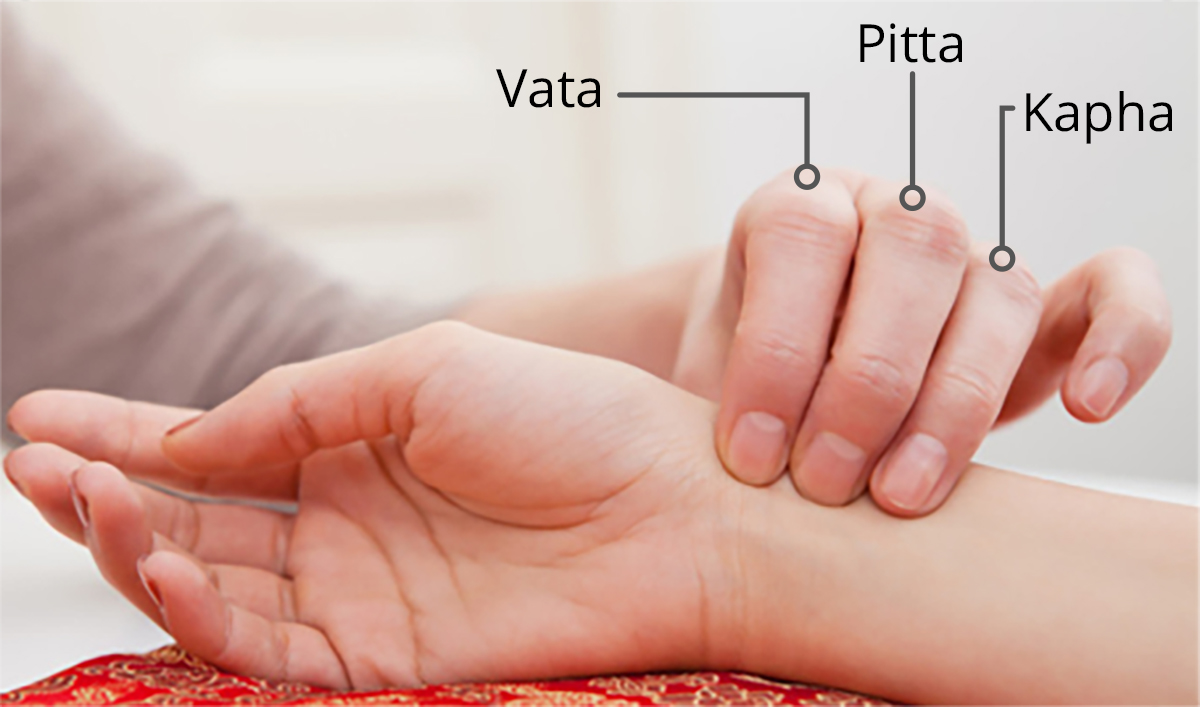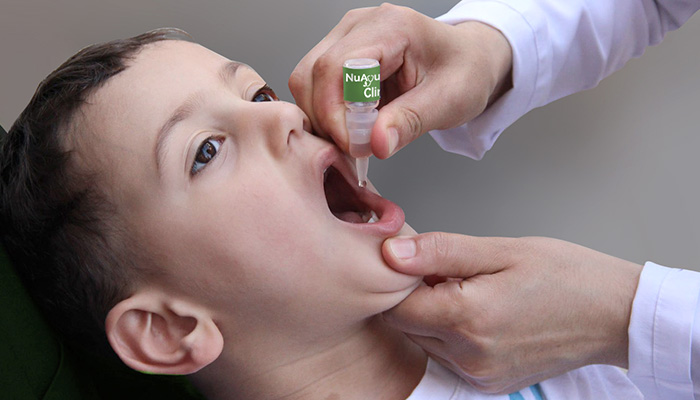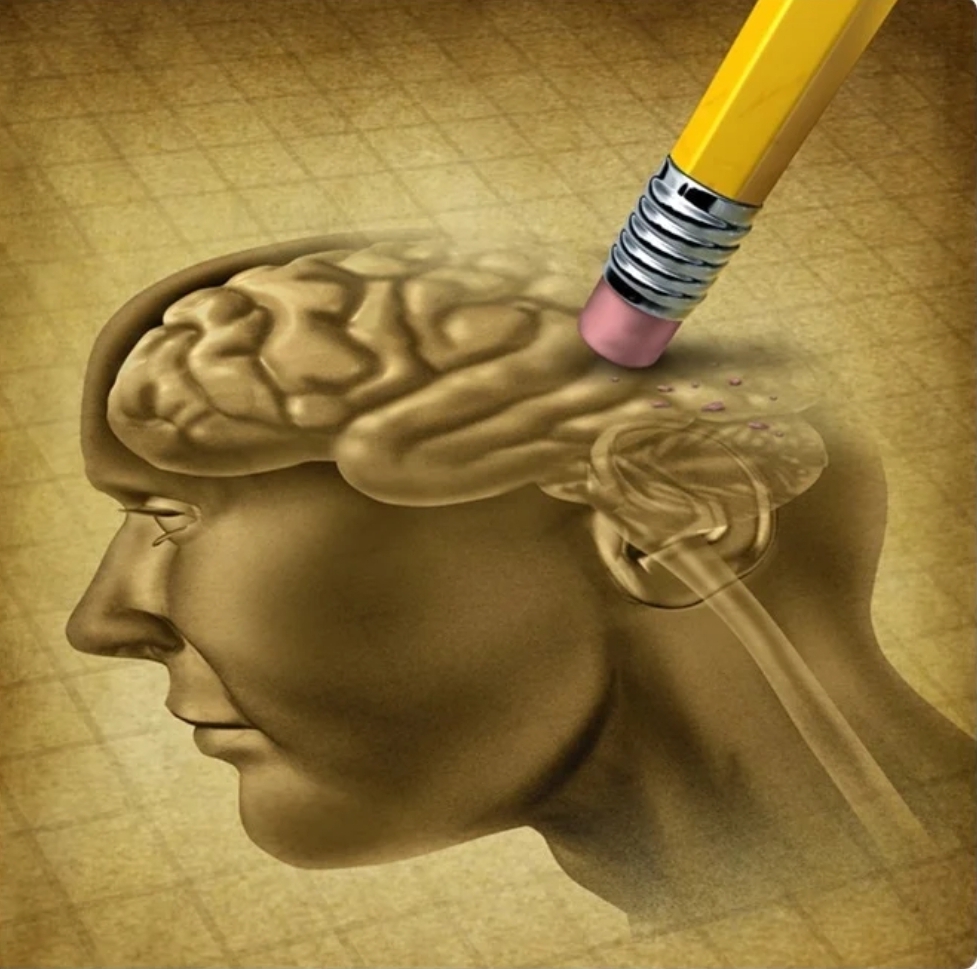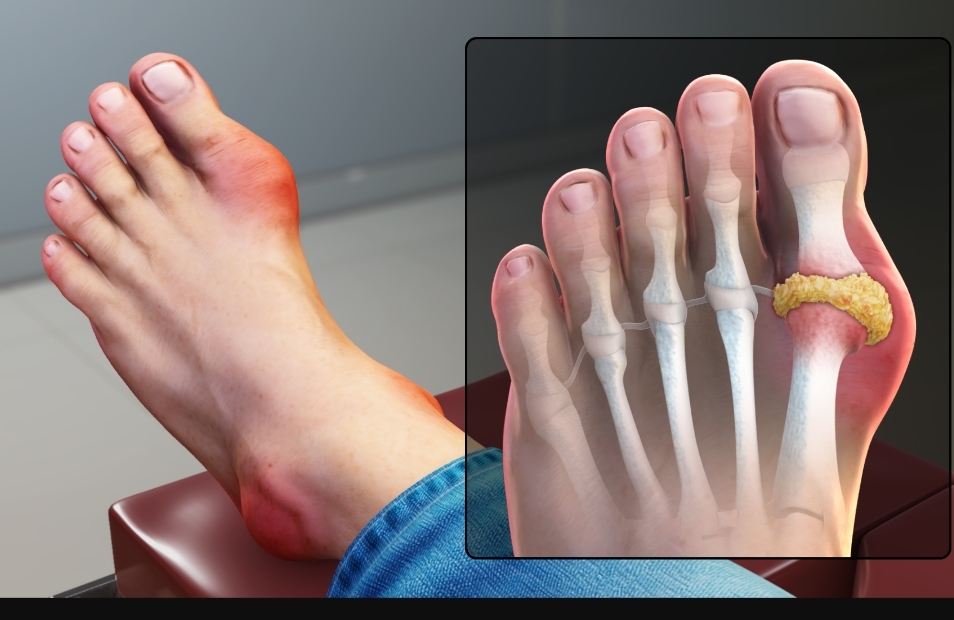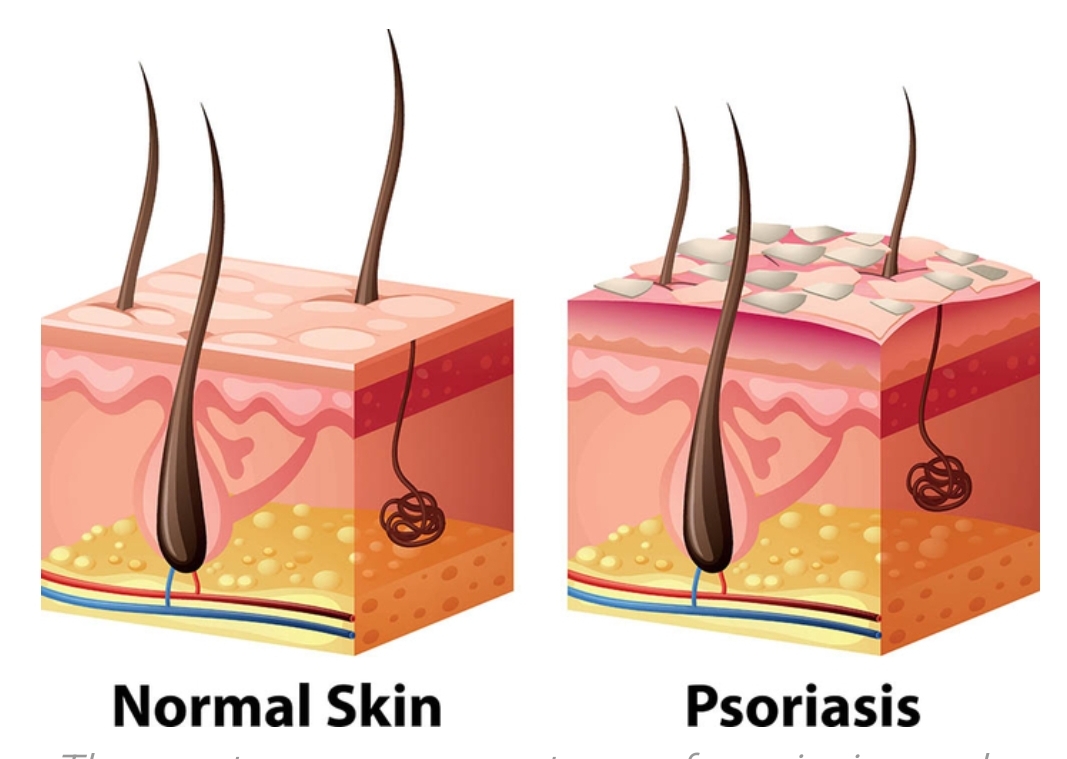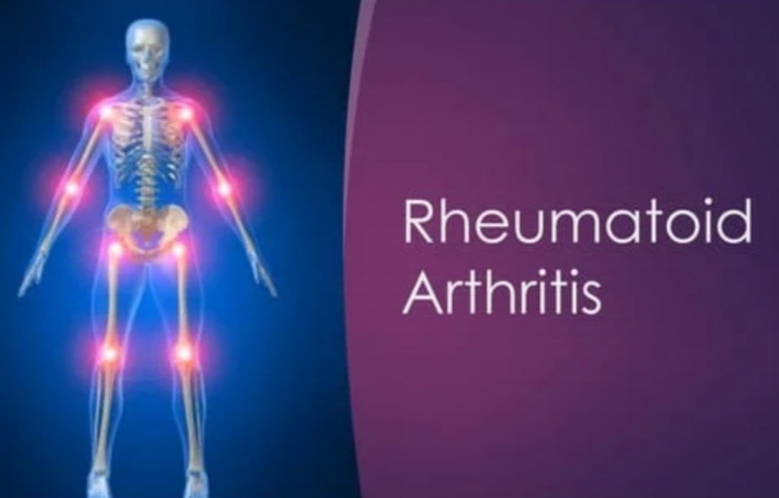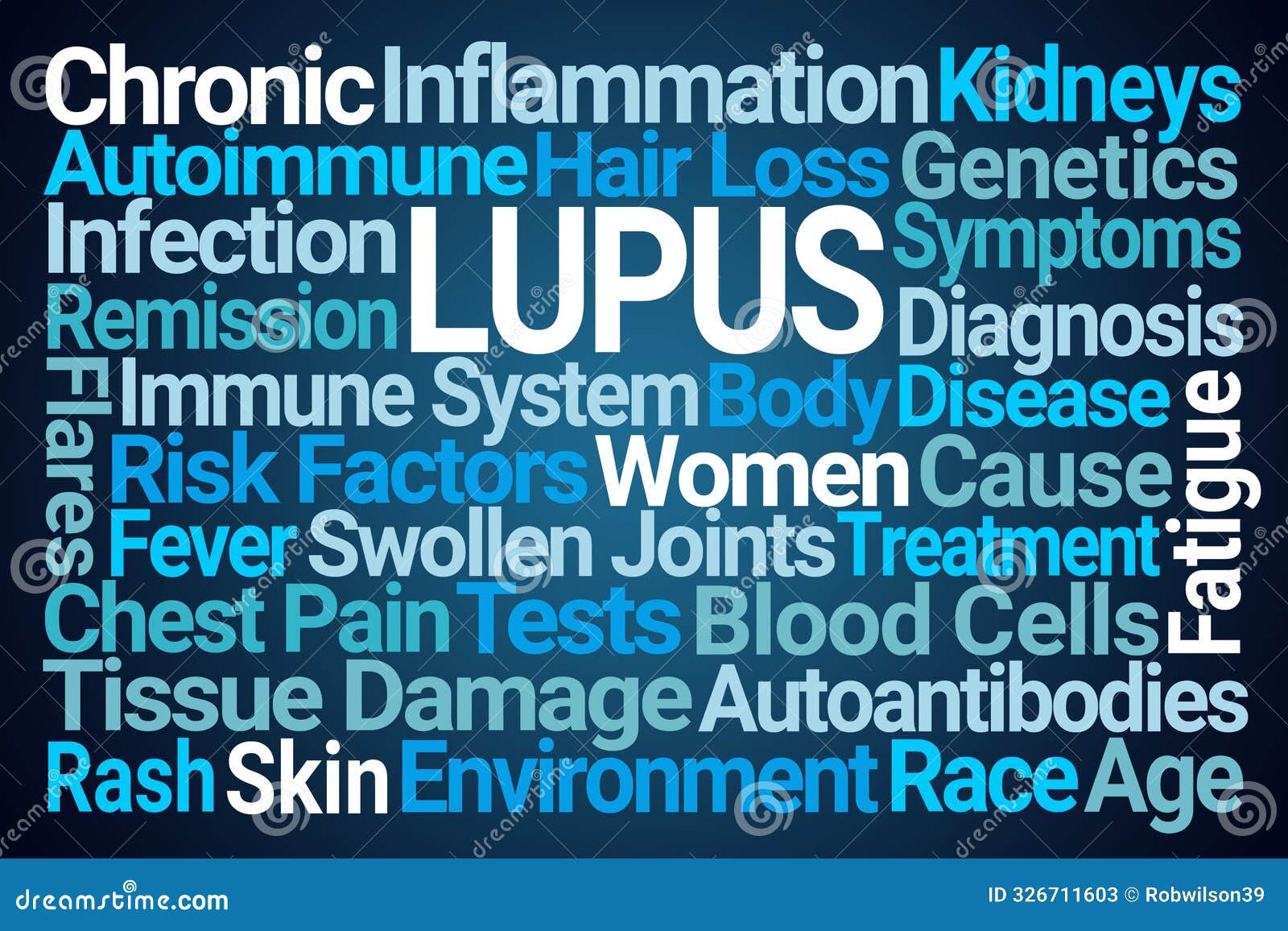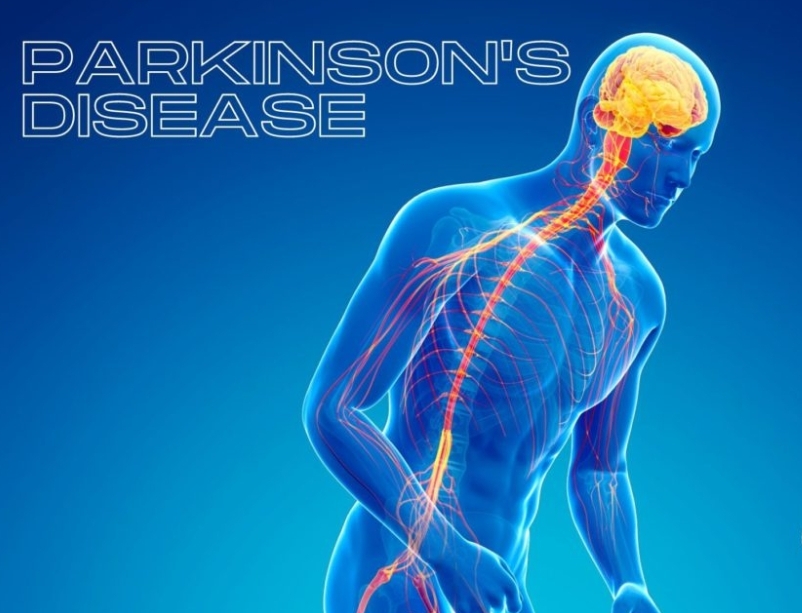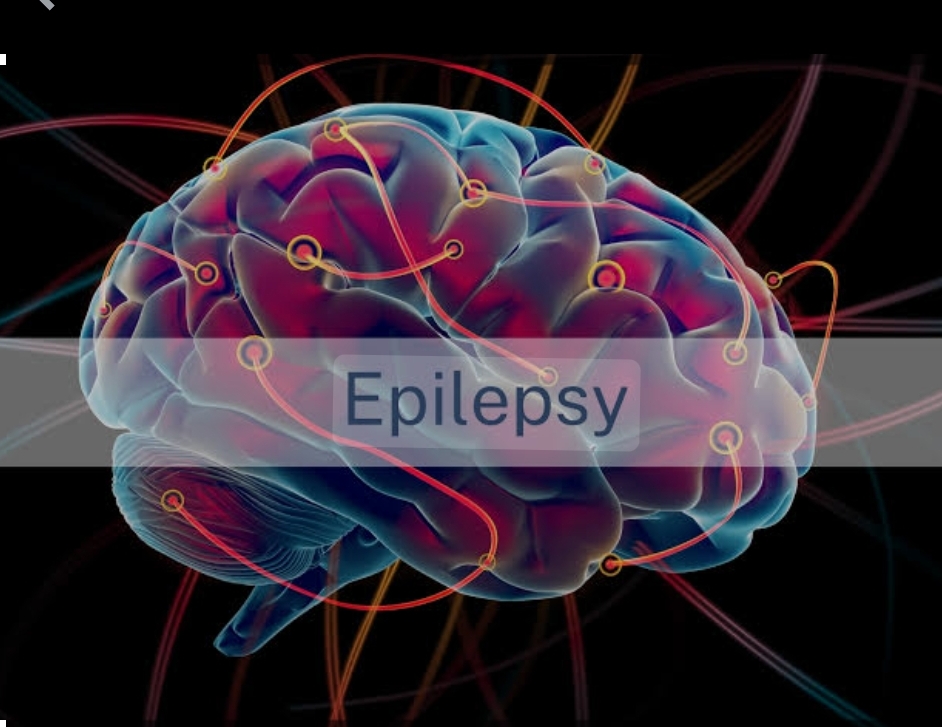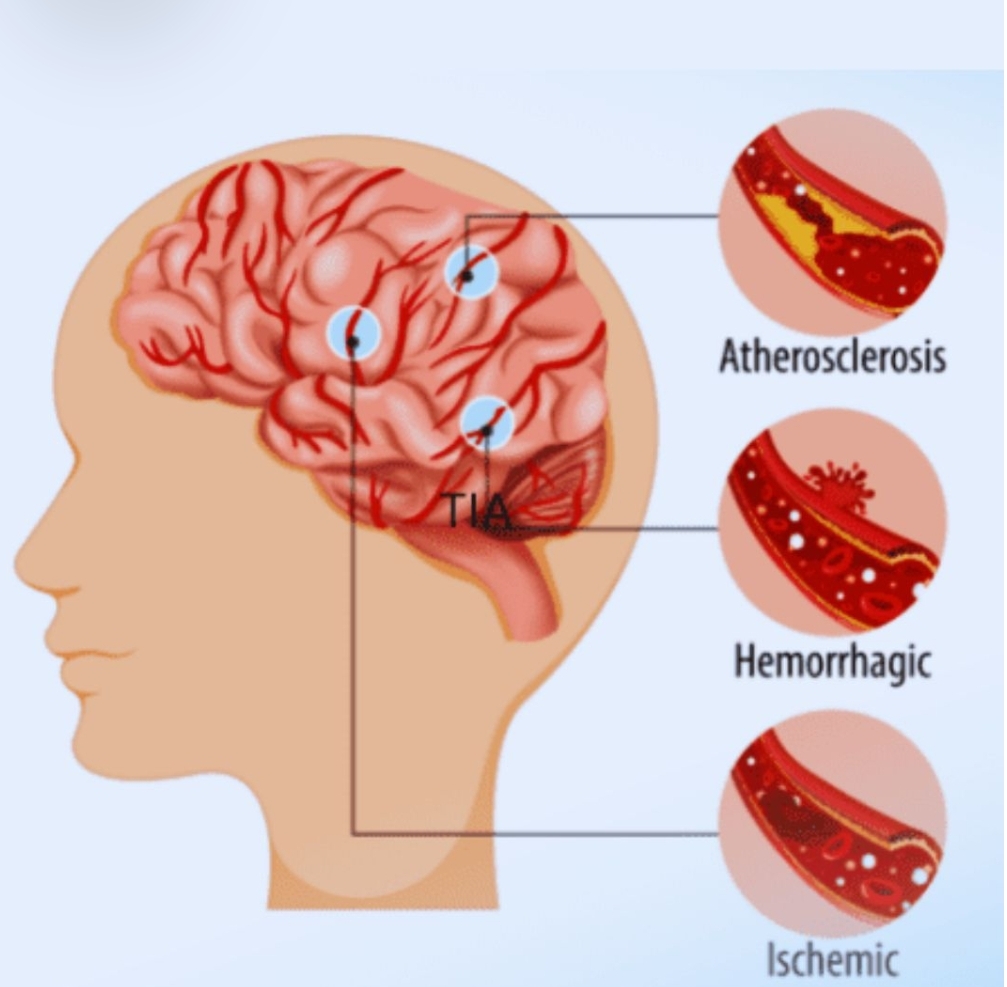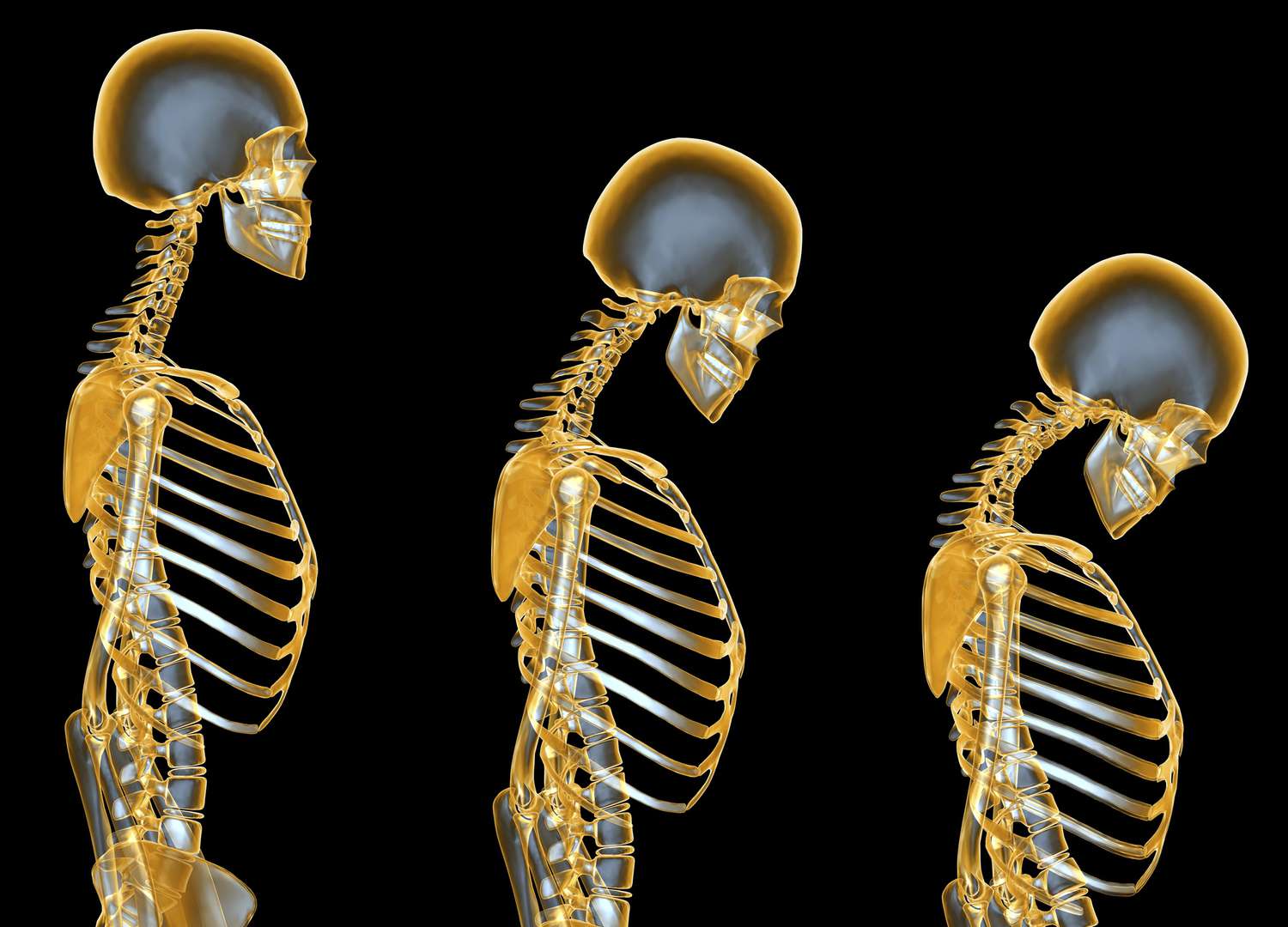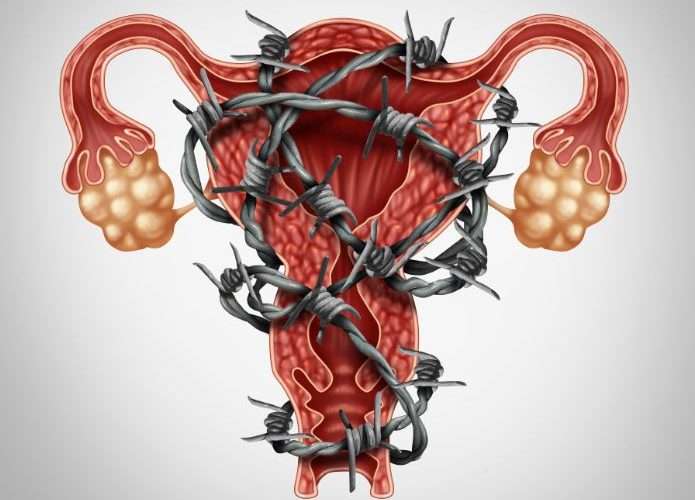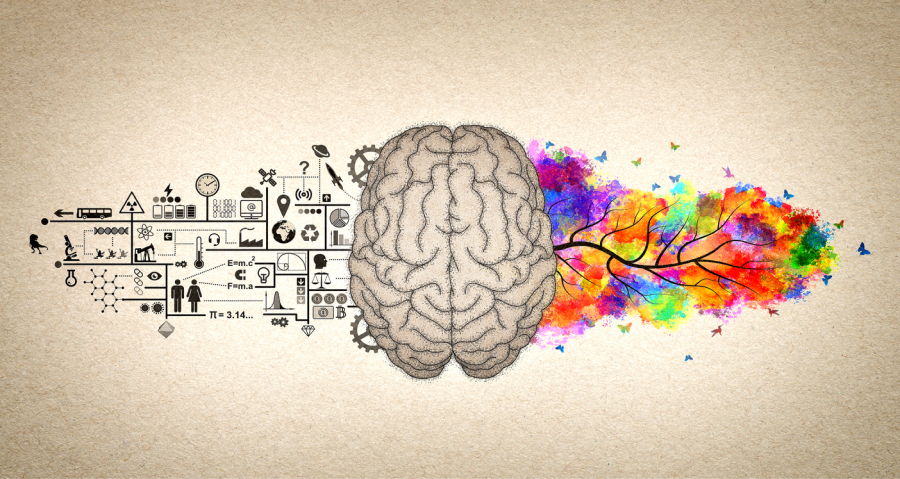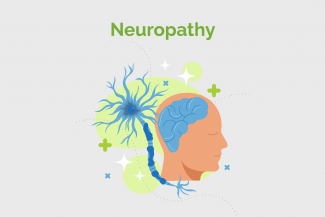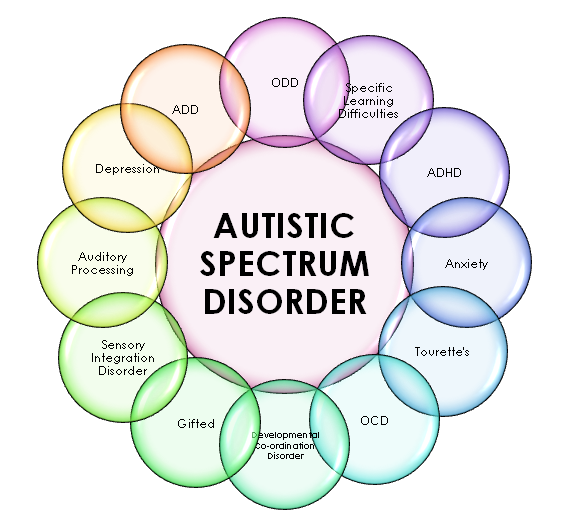
Autism Spectrum Disorder[ASD]
Autism spectrum disorder (ASD) is a neurological and developmental disorder that affects how people interact with others, communicate, learn, and behave. Although autism can be diagnosed at any age, it is described as a “developmental disorder” because symptoms generally appear in the first two years of life. According to the Diagnostic and Statistical Manual of Mental Disorders (DSM-5), a guide created by the American Psychiatric Association that health care providers use to diagnose mental disorders, people with ASD often have:
● Difficulty with communication and interaction with other people
● Restricted interests and repetitive behaviors
● Symptoms that affect their ability to function in school, work, and other areas of life
Autism is known as a “spectrum” disorder because there is wide variation in the type and severity of symptoms people experience. People of all genders, races, ethnicities, and economic backgrounds can be diagnosed with ASD. Although ASD can be a lifelong disorder, treatments and services can improve a person’s symptoms and daily functioning. The American Academy of Pediatrics recommends that all children receive screening for autism. Caregivers should talk to their child’s health care provider about ASD screening or evaluation.
What are the signs and symptoms of ASD?
The list below gives some examples of common types of behaviors in people diagnosed with ASD. Not all people with ASD will have all behaviors, but most will have several of the behaviors listed below. Social communication and social interaction behaviors may include:
● Making little or inconsistent eye contact
● Appearing not to look at or listen to people who are talking
● Infrequently sharing interest, emotion, or enjoyment of objects or activities (including infrequently pointing at or showing things to others)
● Not responding or being slow to respond to one’s name or to other verbal bids for attention
● Having difficulties with the back and forth of conversation
● Often talking at length about a favorite subject without noticing that others are not interested or without giving others a chance to respond
● Displaying facial expressions, movements, and gestures that do not match what is being said
● Having an unusual tone of voice that may sound sing-song or flat and robot-like
● Having trouble understanding another person’s point of view or being unable to predict or understand other people’s actions
● Difficulties adjusting behavior to different social situations
● Difficulties sharing in imaginative play or in making friends Restrictive/repetitive behaviors may include:
● Repeating certain behaviors or having unusual behaviors, such as repeating words or phrases (a behavior called echolalia)
● Having a lasting intense interest in specific topics, such as numbers, details, or facts
● Showing overly focused interests, such as with moving objects or with parts of objects
● Becoming upset by slight changes in a routine and having difficulty with transitions
● Being more sensitive or less sensitive than other people to sensory input, such as light, sound, clothing, or temperature
People with ASD also may experience sleep problems and irritability. People on the autism spectrum also may have many strengths, including:
● Being able to learn things in detail and remember information for long periods of time
● Being strong visual and auditory learners
● Excelling in math, science, music, or art
What are the causes and risk factors for ASD?
Researchers don’t know the primary causes of ASD, but studies suggest that a person’s genes can act together with aspects of their environment to affect development in ways that lead to ASD. Some factors that are associated with an increased likelihood of developing ASD include:
● Having a sibling with ASD
● Having older parents
● Having certain genetic conditions (such as Down syndrome or Fragile X syndrome)
● Having a very low birth weight Not everyone who has these risk factors develops ASD
How is ASD diagnosed?
Health care providers diagnose ASD by evaluating a person’s behavior and development. ASD can usually be reliably diagnosed by the age of 2. It is important to seek an evaluation as soon as possible. The earlier ASD is diagnosed, the sooner treatments and services can begin.
Diagnosis in Young Children Diagnosis in young children is often a two-stage process.
Stage 1: General Developmental Screening
During Well-Child Checkups Every child should receive well-child checkups with a pediatrician or an early childhood health care provider. The American Academy of Pediatrics recommends that all children receive screening for developmental delays at their 9-, 18-, and 24- or 30-month well-child visits, with specific autism screenings at the 18- and 24-month well-child visits. A child may receive additional screenings if they are at high risk for ASD or developmental problems.
If a child shows developmental differences in behavior or functioning during this screening process, the health care provider may refer the child for additional evaluation
Stage 2: Additional Diagnostic Evaluation
A team of health care providers who have experience diagnosing ASD will conduct the diagnostic evaluation. This team may include child neurologists, developmental behavioral pediatricians, speech-language pathologists, child psychologists and psychiatrists, educational specialists, and occupational therapists. The diagnostic evaluation is likely to include: ● Medical and neurological examinations
● Assessment of the child’s cognitive abilities
● Assessment of the child’s speech and language abilities
● Observation of the child’s behavior
● An in-depth conversation with the child’s caregivers about the child’s behavior and development
● Assessment of age-appropriate skills needed to complete daily activities independently, such as eating, dressing, and toileting
● Questions about the child’s family history Because ASD is a complex disorder that sometimes occurs with other illnesses or learning disorders, the comprehensive evaluation may include blood tests and a hearing test. The outcome of this evaluation may result in a formal diagnosis and recommendations for treatment.
Autism as per Ayurveda
Ayurveda treats autism by considering its etiology site of affiction, nature imbalance to doshas. In Ayurveda number of causative factor include (poorvakarma) past deeds of life (maithuna charya of parents). Abnormal thoughts and abnormal preconceptional activities leads to this problem garbho-ghatkar-Bhavas).
Majja is matruja bhava likewise brain development retention thinking is depending on proper development at atmaj bhav, also role of of (Garbhini Charya) the environmental and ill thinking nature of mother seriously effect the mental function of of the child(abnormal dosha & panchamahabhutas) the predominance of kapha and tamogana contribute development of symptoms of children with autism also predominance of vata dosha and Raja Guna give rise to emotional social communicational learning problem of children (beejdashti) it is clear that genetic factor and improper diet during pregnancy autistic behaviour.
In Ayurvedic texts Unmada & Apasmar is correlated with autism. unmada is a turn that represent broad classes of of mental ailments in in ayurvedic literature that covers autism. unmada is explained in Ayurveda as the the derangement in the manas (mental functioning), buddhi (application of the acquired knowledge) samjha (perceptions). Inana (experiences), smriti (memory) bhakti (emotional adhesions) seela (conditioned activities), cheshta (behaviour) and achara (social cultural activities). The clinical features of autism disorders ofmerge will with that of Unmada. The major cause for the explained in Ayurveda are the Beejadashti (genetic factors) which may have occurred due to the non congenial diet and regimen of the parents before conception aur the improper diet. Regimen of mother psychological stress during pregnancy (garbhaja) or unknown causes explained as a curse or other effects unrighteous deeds done in the past after Effects of the the unrighteous deeds done in the past (prabhavaja). The non Congenial diet and regimen and psychological stress of children in there infacy will have an effect on the above mentioned causes.
Ayurveda treatment for Autism
Our expert doctors from Gayathri's carefully analyses the child for the body type and doshik constitution. Their language, behaviour and social relationships will be carefully analyzed along with the necessary investigations.
We suggest that a good diet always helps with the autistic behaviour. Always gluten free diet is preferred over the normal one. Balanced protein and carbohydrate rich diet can be given with boiled eggs, lean meats, banana, rice, soy milk, tune fishes, almonds and peanut butter. Vitamins can be supplemented with tomatoes, peas, lettuce, celery, pineapple, orange, broccoli ,grapes, apples and kiwis. Adequate amount of fats can be received from using high quality olive oil or virgin coconut oil. It is very important to reduce the overweight in autistic children.
In Autism Spectrum Dissorder, the goal is to balance vata dosa which has an impact on the nervous system and mind. Balancing brain cells and their chemical composition improves the sensory and motor functions. It also improves focus, judgment, speech and an understanding between good and bad behavior.
At Gayatri's our treatments focus on Autistic spectrum of disorders by correcting the Agni (digestive fire) and Ojas. The Agni is the essential factors which maintain all the Doshas and dhatus 84% of the autistic children suffer with the gastrointestinal disorders like constipation, vomiting, diarrhea, bloating and dietary issues. By correcting the Agni the Doshas get corrected from the grass root level. The various herbs processed in oils and ghee’s, decoctions, tablet, powders available in Gayatri;s Heritage Ayurveda are specially designed to meet requirements of the autistic child. These internal and external therapies will help in regaining the Ojas of the body.
Gayatri's heritage Ayurveda special treatments for the autistic spectrum disorders are
Thalam and Thalapotichil (placing herbs mixed with oils or decoctions placed on the vertex of the head),
Shirodhara (Pouring of herbal oil on fore head), Abhyanga (different types of massages using medicated herbal oils typically done to cure Vata.
Udwarthana (specialised herbal massages done for elimination of Doshas and toning of the body),.
Vasthi (A medicated enema to expel out the unwanted toxins in the body), Vasti is the main external treatment procedure in treatment of Autism. Various types of Vasthi like Anuvasana Vasthi,Niruha vasthi, Etc are done with appropriate medicines to rebalance the Doshas in body
Shiropichu (treatment using a cap of oil on the head usually done to boost the nervous system,
Nasya (medicated oil is instilled in the nostril and the Kapha is eliminated followed by gargling with medicated herbs) and
Navarakizhi (Medicated Rice Gruel Massage)
Internal Medicines for Autism
The herbal treatments are mainly focused on balancing the Tridosha and start with digestive medicines and end with Rasayanas & Memory booster tonics. Rasayanas are a group of medicines intended to rejuvenate the body. The treatments at Gayathri's help in the neurological rejuvenation of the body once the whole course of treatment is over.
The intake of the medicated ghee and other herbal decoctions are very important part of the treatment as ghee is considered as one of the main rejuvenators of the brain and brain cells. Proper screening of the child, the personalised herbal medications like Suvarnaprashana, Medhya aushadas and other treatment therapies offered by Gayathri's Heritage Ayurveda makes its path different in the management of Autism.
Marma Chikitsa
At Gayatri's Heritage Ayurveda ,we follow Marma Chikitsa,a specialised, precise and holistic practice of treatment that focuses on revitalising and balancing body's energy by stimulating specific vital points called 'Marma Points'
Gayatri's Heritage Ayurveda's Marma Chikitsa protocol for Autism Spectrum Disorders (ASD) is a holistic, non-invasive approach that leverages ancient Ayurvedic wisdom to address the complex needs of individuals with ASD. This specialized therapy targets 107 strategic Marma points to balance the nervous system, regulate sensory processing, and enhance cognitive function. Expert practitioners employ gentle manipulations, precise pressure, and soothing oils to stimulate key Marma points, such as:
- Sthapani (crown of the head) to calm the nervous system
- Apanga (temple region) to regulate emotions
- Kantha Marma (neck region) to improve communication
- Hridaya Marma (heart region) to foster emotional connection
- Janu Marma (knee region) to balance motor skills
By integrating Marma Chikitsa with personalized Ayurvedic interventions, including Panchakarma detoxification, herbal supplements, and yoga, Gayatri's Heritage Ayurveda has observed significant improvements in ASD symptoms, including reduced anxiety, enhanced social interaction, and improved cognitive focus.
Marma points are 107 vital areas on the body where muscles,bones,tendons and vessels converge.These points are considered sensitive and vulnerable as they are connected to body's energy pathways. By stimulating specific vital points in a rythimic pattern, it helps in enhancing the bodys self curing capacity and also aids in effective absorption of medicines thereby propels the patient to a faster recovery.
Marma Training for Parents
Gayatri's Heritage Ayurveda empowers parents of children with autism through a comprehensive Marma training, enabling them to continue therapeutic interventions at home. Continuing with Marma Chikitsa even at home ,after discharge from hospital enhances the effectiveness of internal medications taken and boosts the healing process ,resulting in faster recovery time.
This personalized training program, called "Marma Caregiver Training," equips parents with the skills and confidence to support their child's ongoing healing journey. Under expert guidance, parents learn both Theoritical concepts and Practical wisdom about Marma Chikitsa including the following
- Identification and location of key Marma points
- Gentle manipulation techniques for relaxation and stimulation
- Customized Marma sequences for their child's specific needs
- Integration with daily routines (e.g., bath time, bedtime)
- Adaptations for various settings (home, school, travel)
By extending Marma therapy into the home environment, parents can:
- Reinforce hospital-based treatments
- Enhance their child's emotional regulation and calmness
- Support cognitive development and focus
- Foster deeper bonding and connection
- Monitor progress and adjust techniques as needed
Gayatri's Heritage Ayurveda's Marma training ensures continuity of care, empowering families to take an active role in their child's healing process.
Gut - Brain Axis and ASD
The Gut-Brain Axis plays a crucial role in Autism Spectrum Disorder (ASD). Research suggests that an imbalance of gut microbiota, or dysbiosis, contributes to autism symptoms. The gut and brain communicate through the vagus nerve, influencing mood, behavior, and cognitive function. In autism, gut inflammation and impaired nutrient absorption can lead to:
- Impaired neurotransmitter production
- Increased oxidative stress
- Altered brain chemistry
- Behavioral and cognitive impairments
A well-balanced diet rich in whole foods, fruits, vegetables, and omega-3 fatty acids supports a healthy gut microbiome, reducing inflammation and promoting:
- Improved nutrient absorption
- Enhanced neurotransmitter function
- Reduced oxidative stress
- Better behavioral and cognitive outcomes
Ayurveda for management of Gut - Brain Issues
At Gayatri's Heritage Ayurveda, expert practitioners address the Gut-Brain Axis imbalance in children with Autism Spectrum Disorder (ASD) using personalized Ayurvedic interventions. The comprehensive approach includes:
- Diagnostic assessments to identify gut dysbiosis and nutritional deficiencies
- Customized dietary plans emphasizing whole, organic foods and Ayurvedic herbs
- Panchakarma detoxification procedures to restore gut health
- Ayurvedic medications such as:
- Triphala to balance gut microbiota
- Ashwagandha to reduce stress and anxiety
- Brahmi to enhance cognitive function
- Guduchi to modulate immune response
Ayurvedic treatments aim to:
- Correct gut inflammation and dysbiosis
- Enhance nutrient absorption and assimilation
- Balance neurotransmitter production
- Support cognitive and behavioral development
Gayatri's Heritage Ayurveda's integrated approach has shown significant improvements in autism symptoms, including:
- Reduced gastrointestinal issues
- Enhanced social interaction and communication
- Improved cognitive focus and attention
- Decreased anxiety and hyperactivity
By addressing the Gut-Brain Axis, Gayatri's Heritage Ayurveda provides a holistic, natural, and effective approach to managing autism, empowering children to reach their full potential.






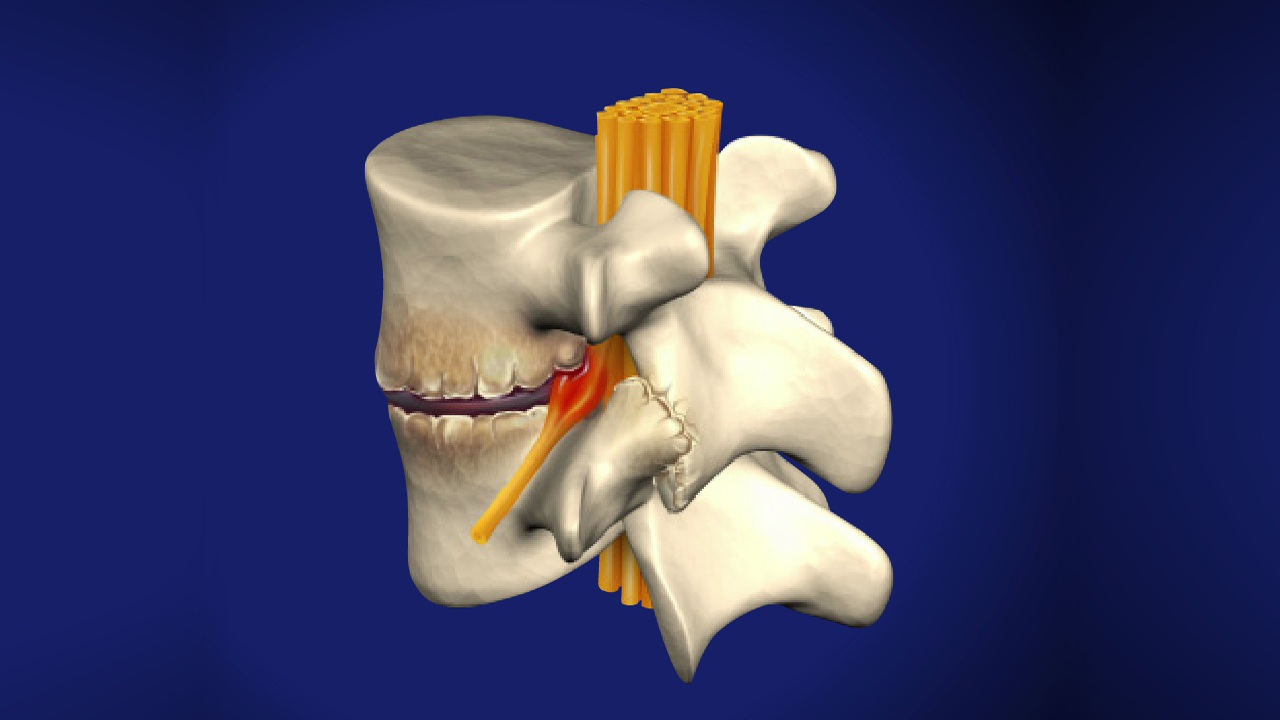
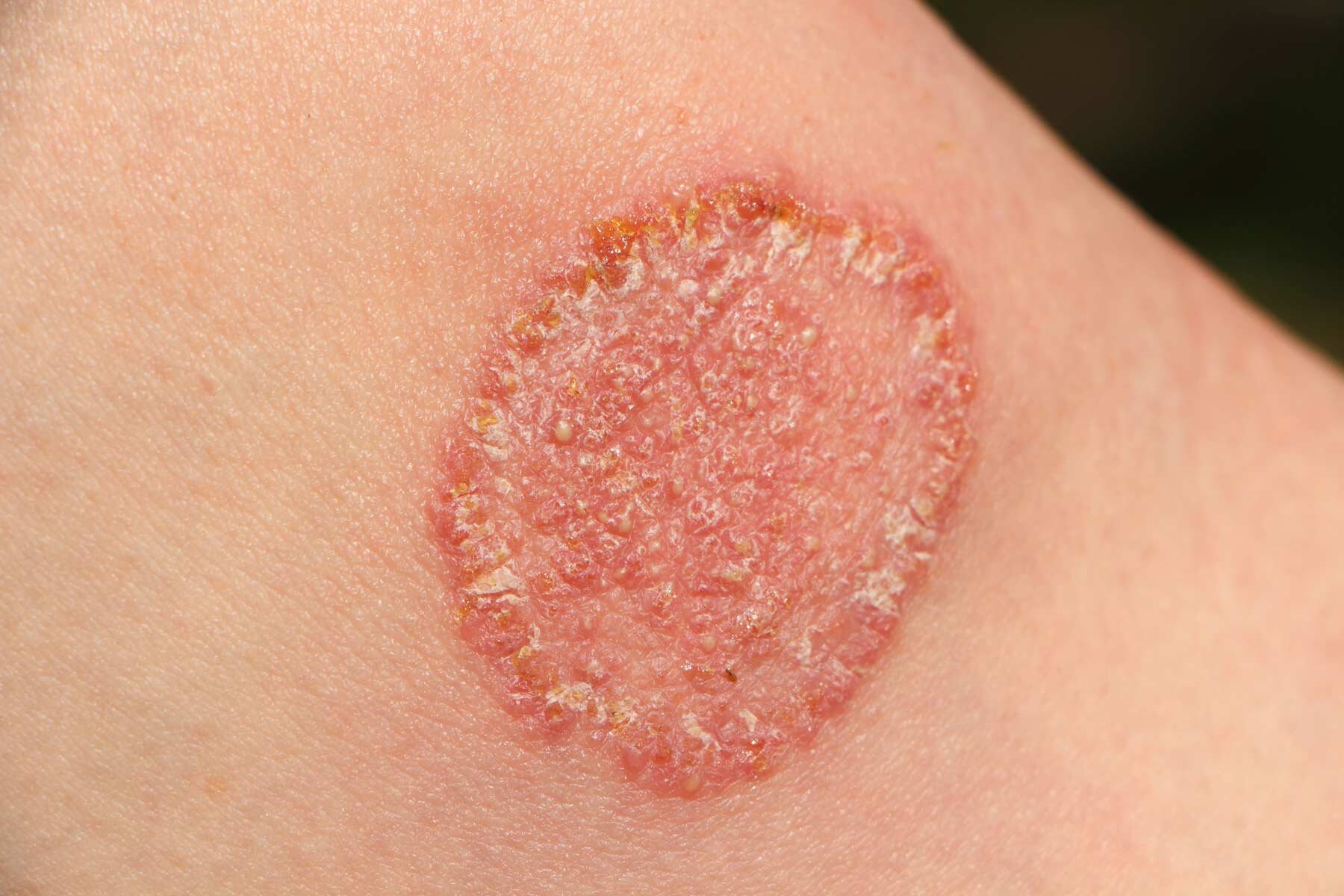
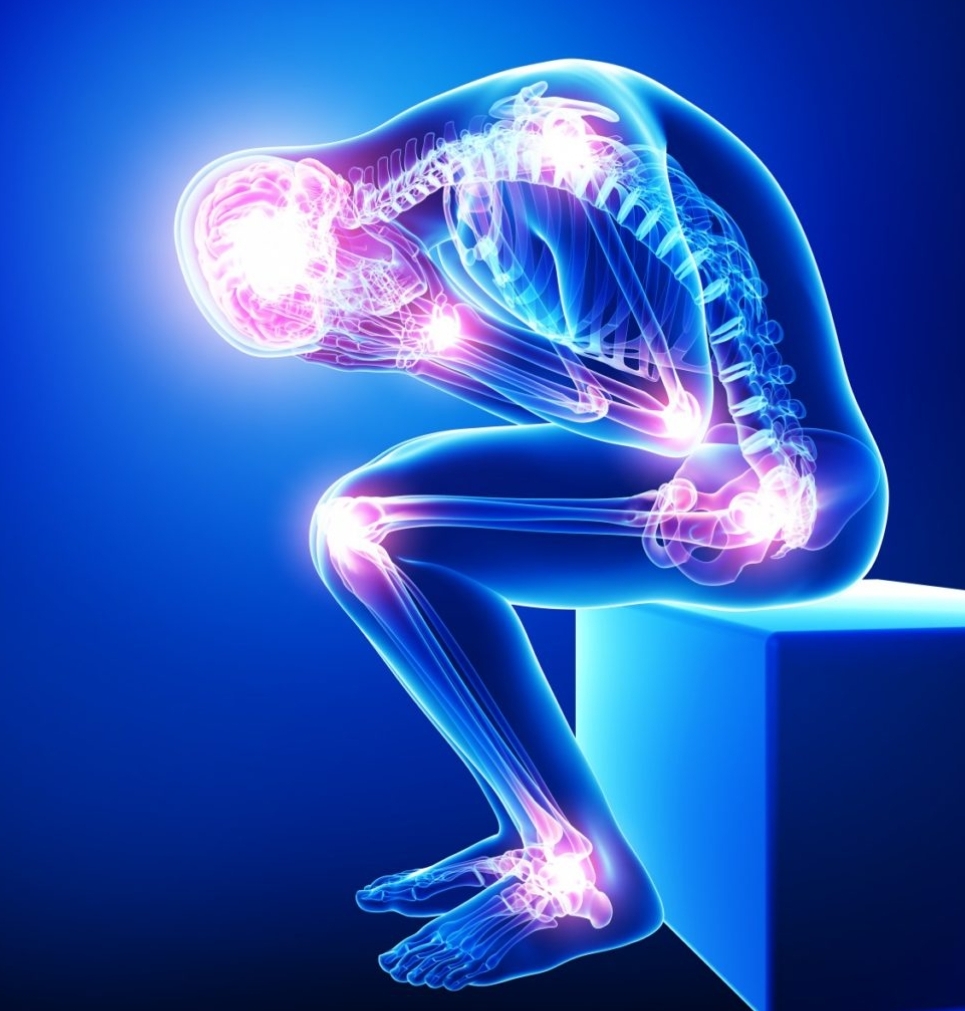
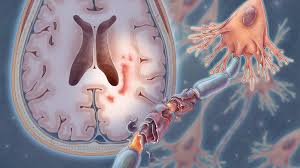
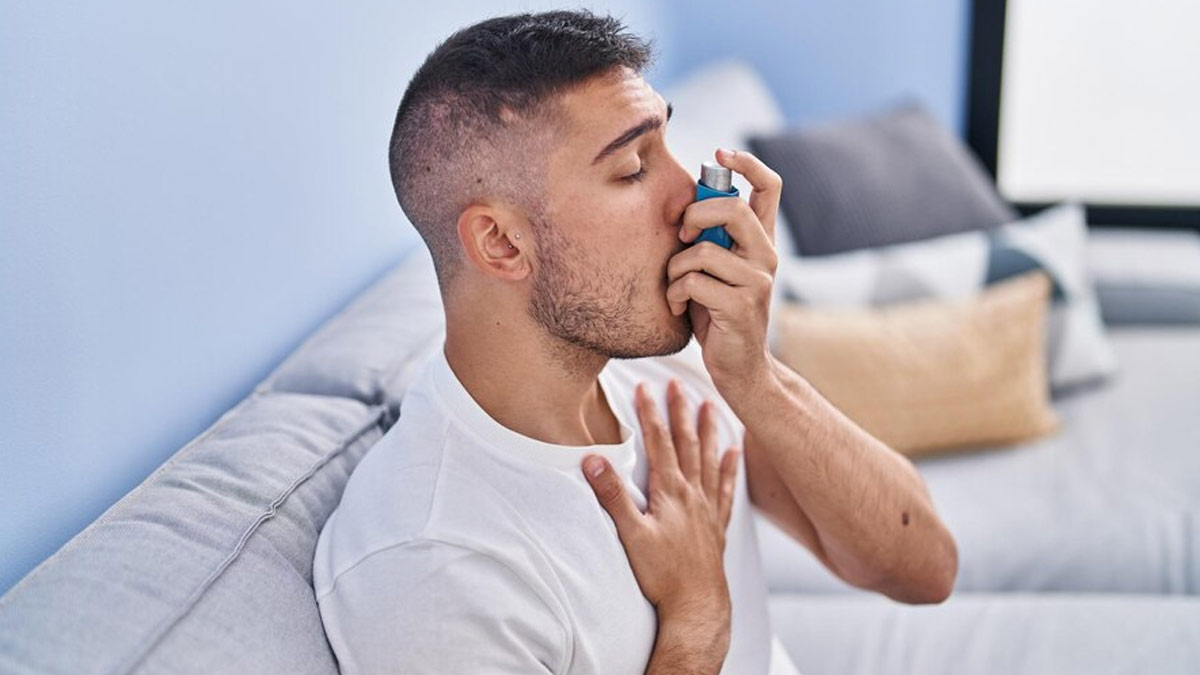


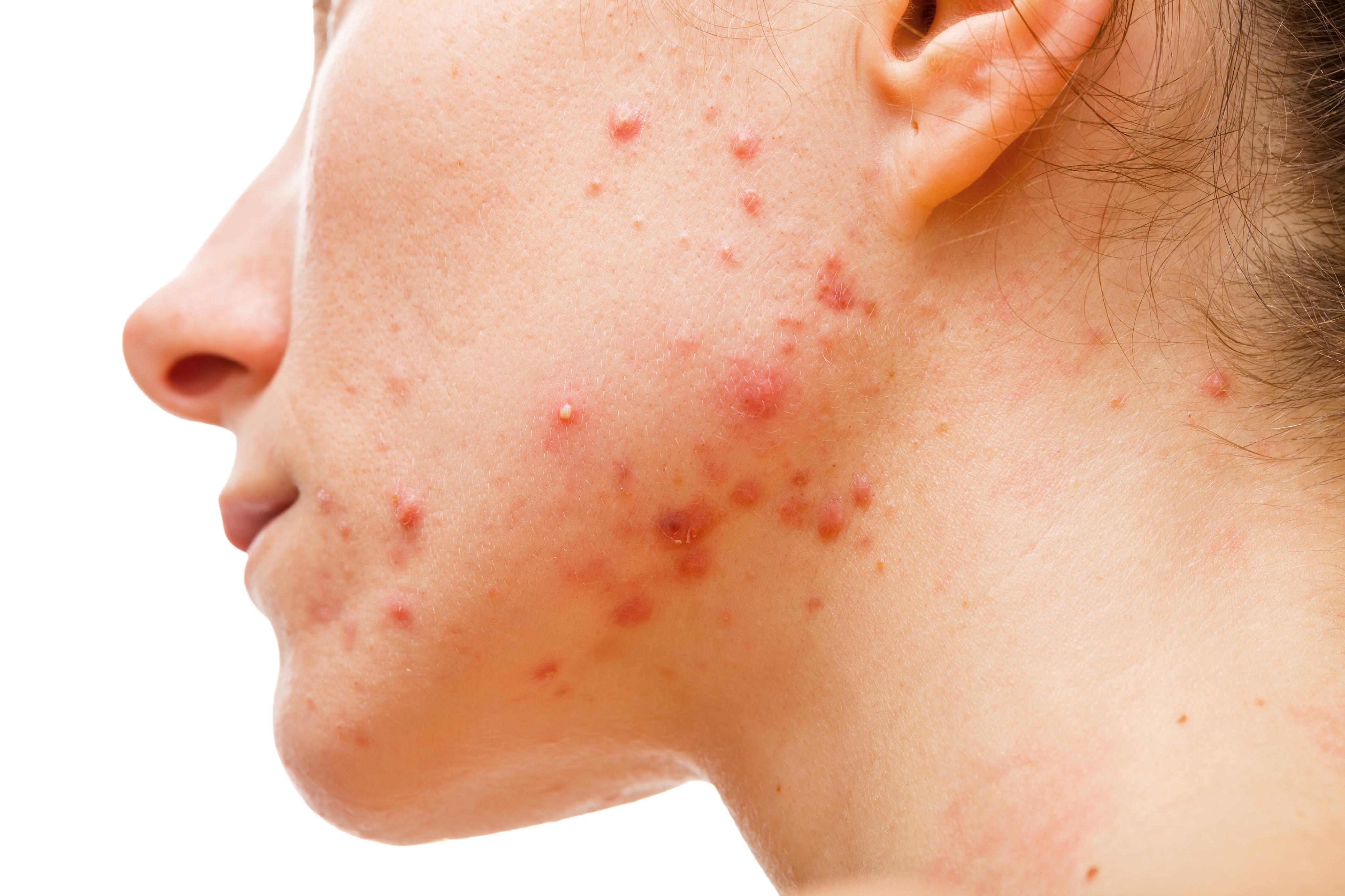
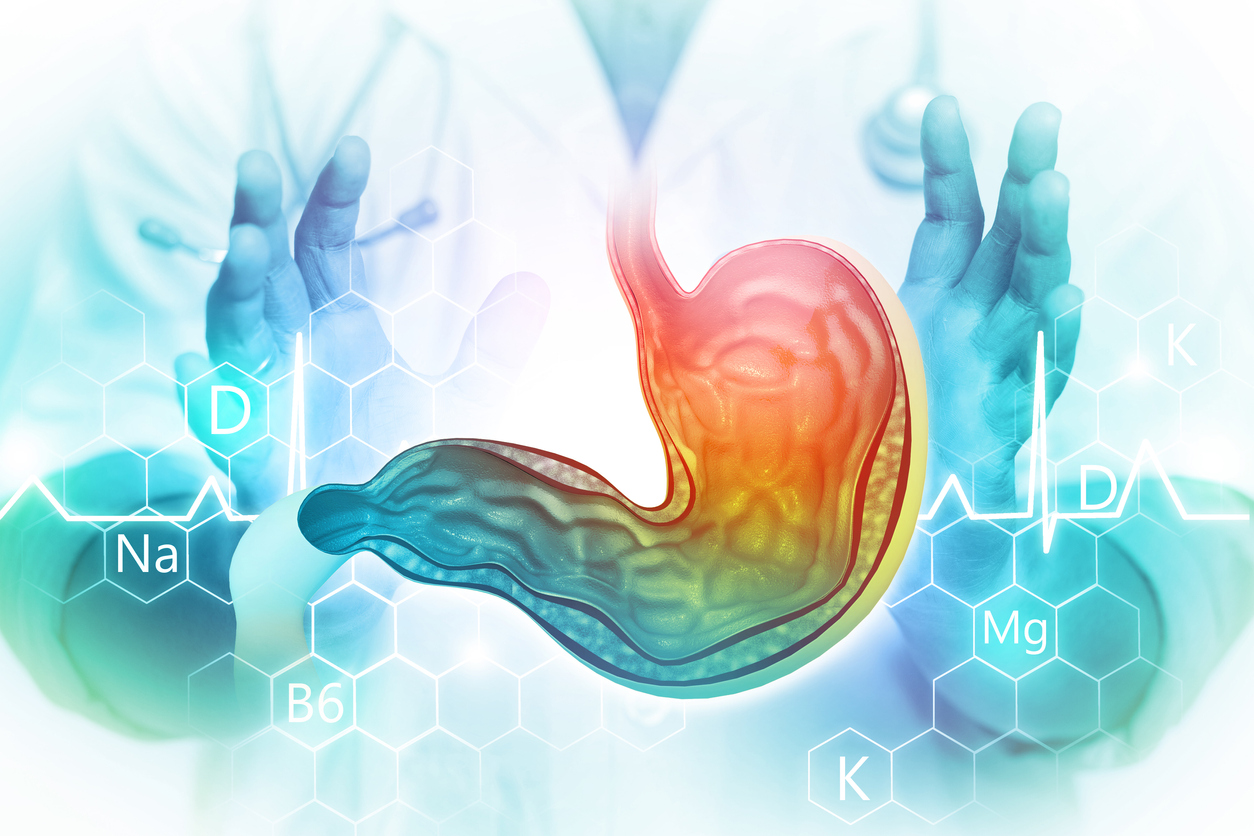
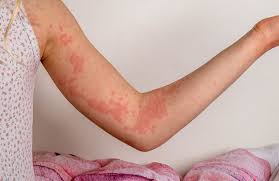
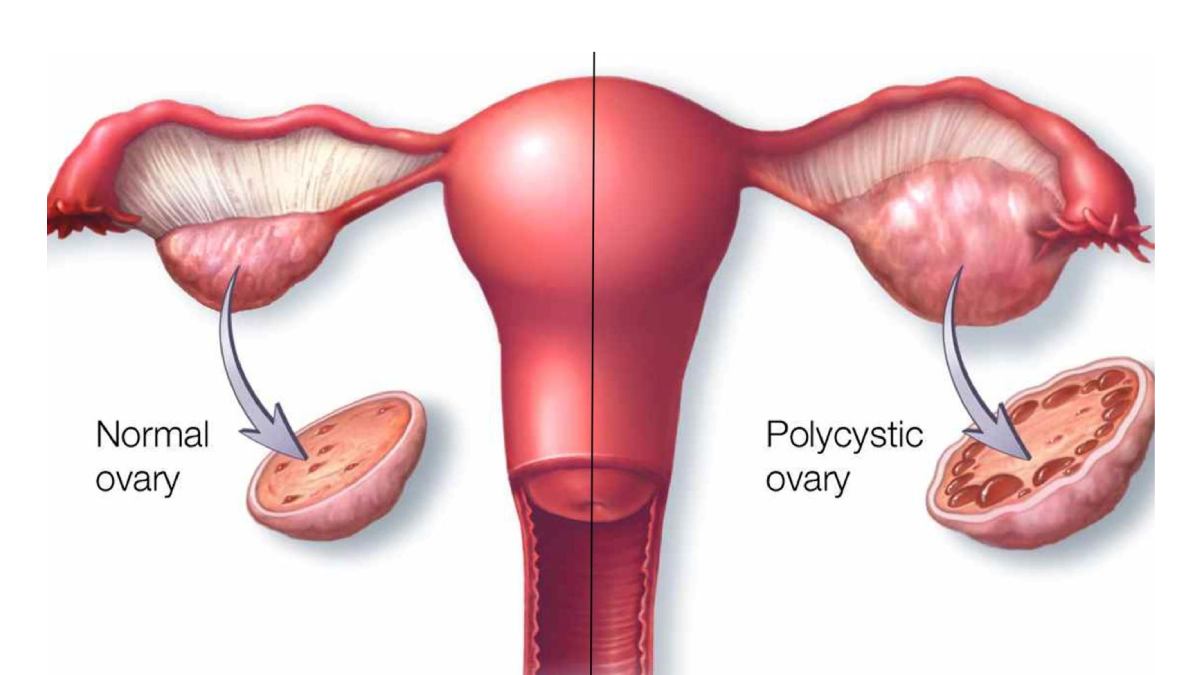
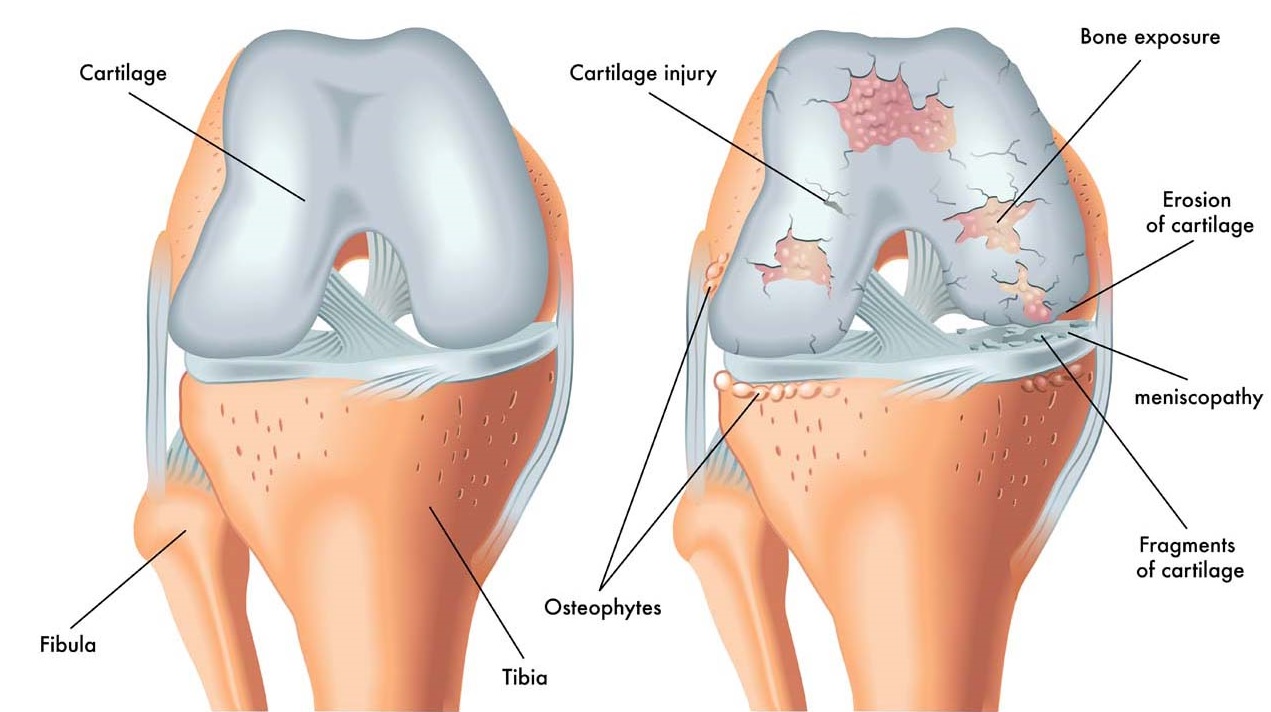
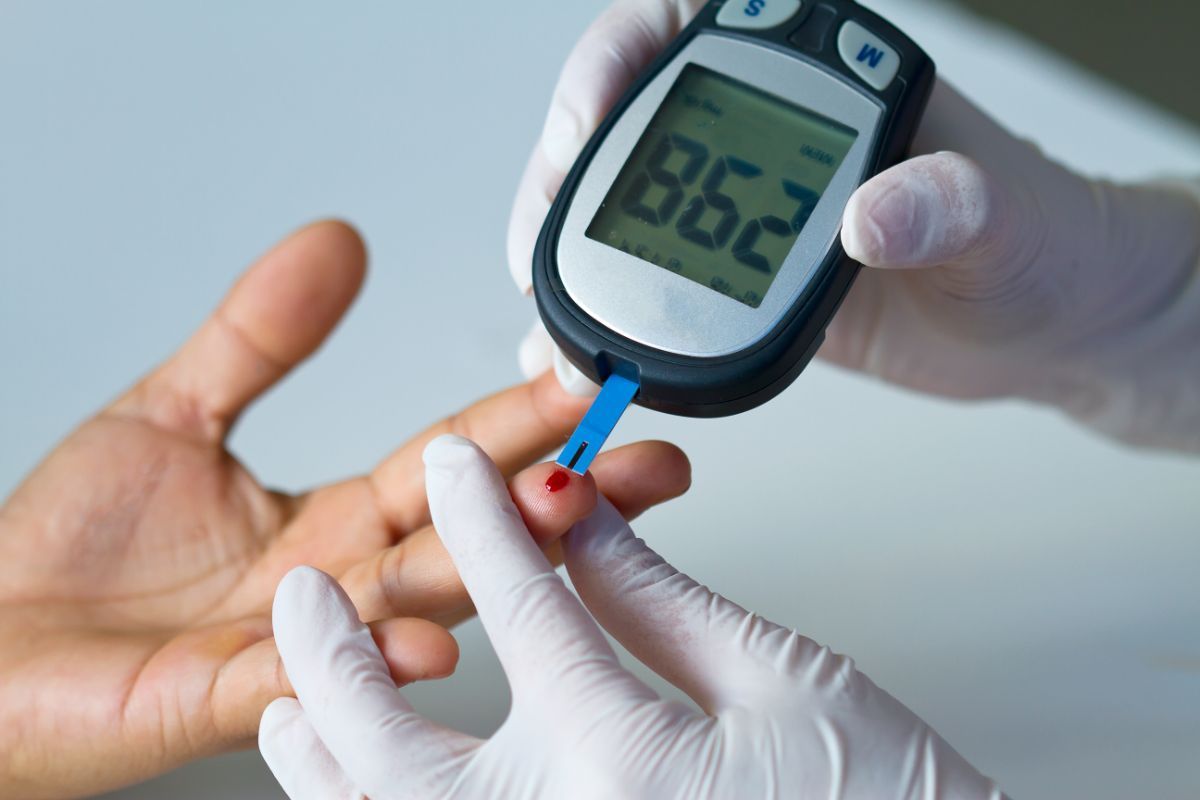
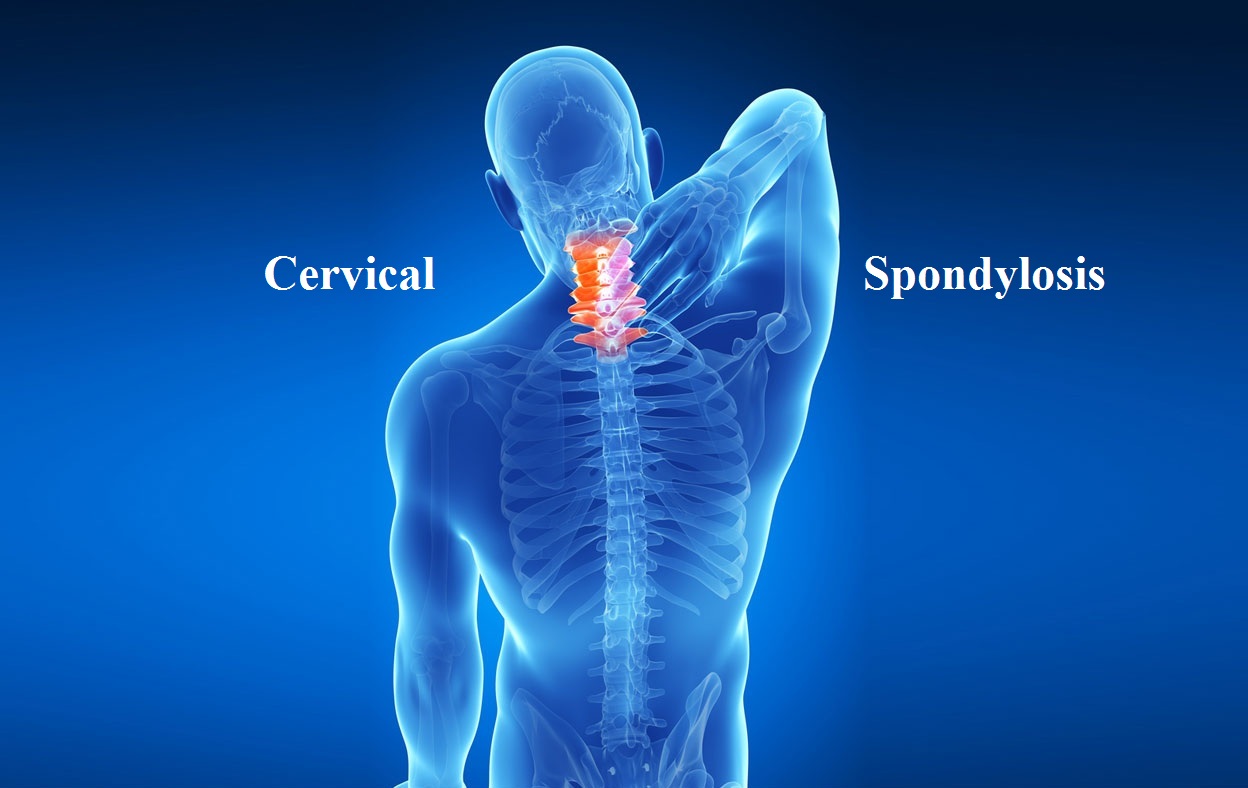
.jpg)

